Posted on 12/13/2020
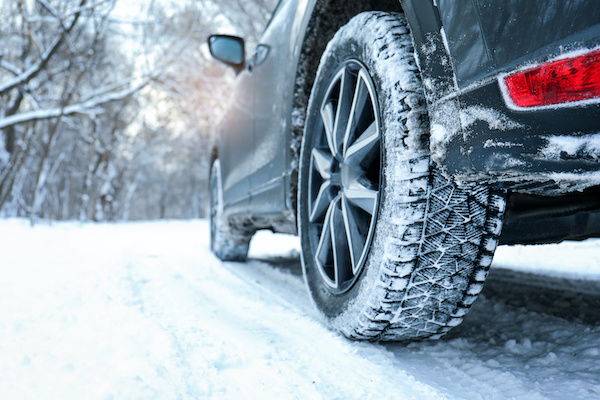
Winter roads can be dangerous and unpredictable. If you must be on the road during winter, it is essential to have adequate preparedness for enhanced safety on the roads. Driving during winter be hazardous and extra caution is important. We have outlined some critical steps that ensure your readiness to drive through winter. They will make it easy for you to navigate through the harsh conditions and guarantee your safety on the road. Understand Your Car Every vehicle is different, and it possesses different abilities under specific conditions. Despite the presence of anti-lock brakes and all-weather tires, it is good to test the features under different weather conditions to grasp the vehicle's ability. Practice stopping and starting your vehicle in different winter conditions to know its limitations and feel the wheels on the snow. Plan and Understand Your Route before Driving Roads suitability during winter is unpredictable, and this might be dangerous. Plan your route on ti ... read more
Posted on 11/4/2020
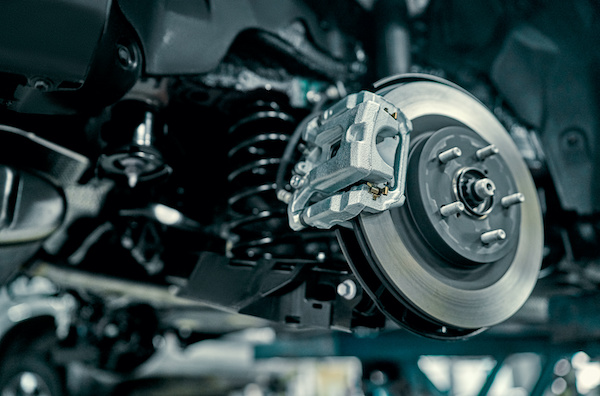
It may not always be obvious when there's a problem with your vehicle, but if there's an issue with your brakes, they'll start to squeal to let you know. Your brakes' health and integrity are a vital component to on-the-road safety for you and your passengers. Unusual brake sounds shouldn't be ignored. Below are three reasons why your brakes have begun to squeal. The brake pads are worn. Brake pads aren't designed to last forever; as you drive, they'll eventually wear thin. If your brakes are worn down to the metal, they'll begin to produce a squealing sound. The brake pads aren't easy for the everyday driver to check. If you're starting to hear a squeal from your brakes, it's vital to have them inspected. The brake fluid needs to be changed. The brake pads are not the only aspect that can wear; the brake fluid can as well. The brake fluid is a hydraulic fluid tha ... read more
Posted on 10/16/2020
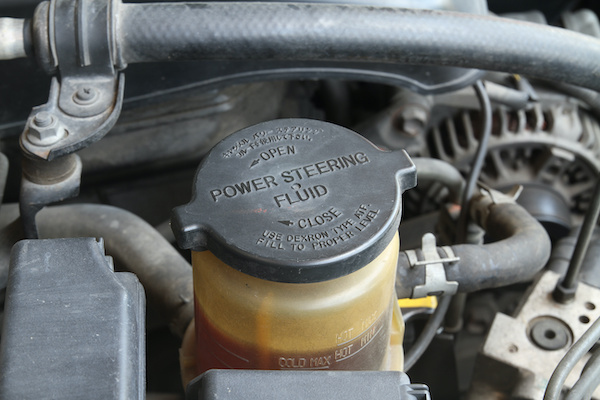
Most drivers are aware that they should change their oil about every 5,000 miles or so. However, when it comes to the power steering fluid, you may be uncertain of the proper interval to have it changed. In some cases, drivers may forget about the power steering fluid altogether. Changing the power steering fluid is essential to maintaining the health of a vehicle. It doesn’t burn off with time like engine oil does; it gets dirty and contaminated. Over time pollutants and sludge accumulate and eventually build up. When the power steering fluid becomes contaminated, it immediately puts more pressure and stress on the steering wheel. In severe cases, significant damage can occur, leaving you with a costly repair bill. How often you change your power steering fluid is variable to your driving habits and specific road conditions. Depending on who you ask, you will get a different recommendation. Below are a few ways to determine what’s the best service interval for your ... read more
Posted on 9/30/2020
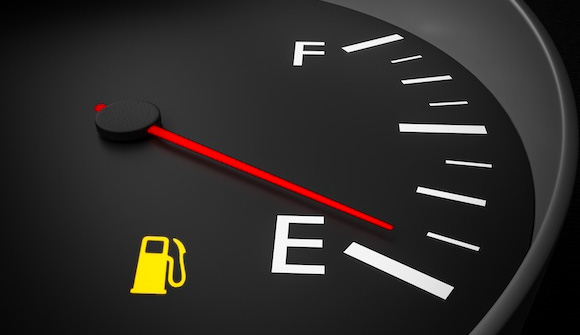
You’re driving down the street when your gas light comes on. It was only just the other day that you filled the tank up. Vehicles are already expensive to maintain, and the cost of gas may only hurt your pockets more. Several aspects can cause your car to guzzle gas, leading to a decrease in fuel efficiency. If you want to save a few extra dollars at the gas station, this below list has a few things to consider to get the most out of your gas tank. Pressing Too Hard on the Gas Pedal While it may be fun to speed every once and awhile, it can cause a considerable decrease in fuel economy. Stepping on the gas forces more air into the combustion chamber, leading the vehicle to overcompensate by injecting more to keep a proper fuel to air ratio. Low Tire Pressure Low Tire pressure reduces fuel efficiency because it reduces the tire’s rolling resistance, causing the vehicle to expend more energy to maintain speed. The sticker on the inside of the door jam ... read more
Posted on 8/19/2020
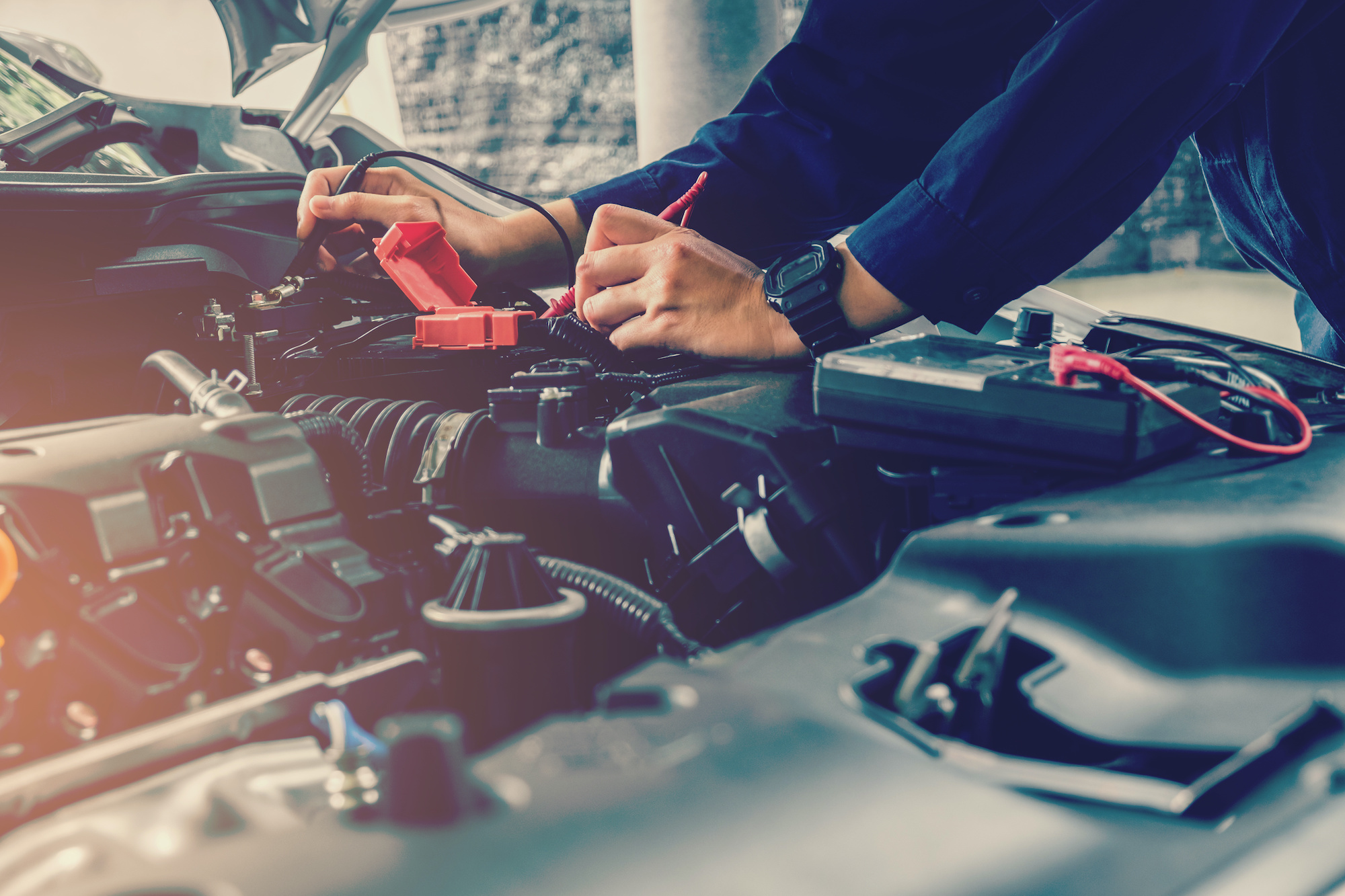
The battery of your car is responsible for powering the ignition system, computer, radio, lights, and more, so it’s important to check its condition regularly. According to a recent study, more than 1 in 10 car batteries need a replacement. Sometimes problems can occur with little or no warning, however, there are several key symptoms of a dying car battery to look out for. 1. Difficulty Starting the Car Your car needs a huge surge of energy to start the engine. With a dying battery, you’ll see that the engine cranks slowly than usual, and the car takes longer to start. Usually, you’ll get one or two warning signs of this matter before the car battery dies completely, so do not overlook it. If you hear a clicking sound, when turning the key, this means that there isn’t enough power to crank the engine. In this case, you have to jump-start the battery and get a new one as quickly as possible. 2. Loss of Power to Electronics T ... read more
Posted on 7/29/2020
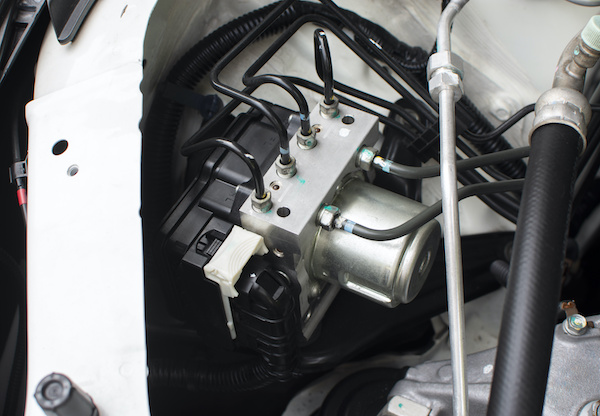
Your vehicle's brakes are super important to the safety of your vehicle. When you step on the brake pedal, you expect your vehicle to slow or stop according to how quickly you need it to. Bad brakes can lead to accidents if you aren't able to stop quickly enough. Have you ever driven your car and pushed down on the brake pedal, and felt that the pedal was spongy or soft-feeling? This is a common symptom of air in your brake lines. Let's understand what brake lines are and what some of the signs of having air in your brake lines are. The brake lines are the parts within your brake system that house and circulate brake fluid. The brake system is hydraulic, which means it uses high pressure from the brake fluid to power your brakes. Air is the enemy in a hydraulic system because it reduces pressure and essentially makes the process less effective. When air gets into the brake lines, your brake system suffers. Symptoms that can indicate you have air in your brake ... read more
Posted on 6/30/2020

The Fourth of July is a celebrated day here in the United States. It symbolizes our independence and freedom and is always a day full of traditions that includes a stunning fireworks display. We know that July 4th may look very different this year, especially considering the current pandemic that is still prevalent. This just means that if we are going to celebrate, we have to do so safely and smartly. Even though many big events will be canceled, there is still an opportunity to celebrate at home or with close family and friends. You can still fire up the grill, make your favorite food, play games, and enjoy some small fireworks at home. If you are planning on making a day of the 4th this year, we encourage you to follow the safety tips below: If you'll be celebrating with family and friends or in a public place, be sure to wear your mask at all times. Also, practice social distancing. Doing your part to stop the spread of COVID-19 can make a huge difference. ... read more
Posted on 5/30/2020

A properly running engine should run and start smoothly without excess noise or vibration. If you being to notice that your vehicle is “running rough”, meaning that you start to notice loud noises, vibrations, and an overall decline in performance, you are likely dealing with an engine problem. As soon as you notice a change in your vehicle’s drivability, it is important to have your vehicle inspected. Engine problems should never be ignored and the sooner you fix the problem, the more money you’ll save yourself over time. At Nerger's Auto Express, our ASE certified technicians are experienced working on all makes and models of vehicles. We can help determine the exact cause of the issue and get you back on the road quickly and safely. As soon as you start to notice drivability issues, be sure to note down the symptoms you are experiencing. Do you notice that your engine is “running rough”? Is your car idling rough? Does your car stall be ... read more
Posted on 4/29/2020
The tune-up - an age-old term that is still around today. Back in the day, cars needed be tuned regularly. There weren't sophisticated computers in cars to monitor things likes fuel mixture, idle speed control, and timing. A tune-up was needed to replace spark plugs, distributor points, and fuel/air filters. There were also adjustments that needed to be done to the ignition timing and idle mixture. Back in the day, a tune-up was recommended every 20,000 miles or so. However, today's cars run on complex computer system. So the questions becomes, do I still need to have a tune-up performed? If you look at a tune-up as preventative maintenance, then yes - a tune-up is still needed. It may not be the same services as performed when a tune-up was first used in auto repair, but certain maintenance items are still very much required. So, considering a tune-up as a check up of your vehicle's major systems and taking care of important maintenance items - a tune-up is s ... read more
Posted on 3/30/2020

Our government has just announced that our shelter in place order will be expanded through the entire month of April, leaving many wondering what they will be able to for the next month to keep themselves busy. Social distancing is extremely important at this time, because it helps to prevent the spread of COVID-19 and keep hospitals from becoming overcrowded and without supplies. What exactly does social distancing mean? Social distancing and shelter in home orders require us to stay home as much as possible. We can go to the store or to work, but when doing so, avoid large crowds and keep at lest 6 feet between you and other people. This also means no gathering with friends or family who aren't living in your immediate household. While you may feel that you are fine and aren't sick, many COVID-19 carriers aren't feeling symptoms, but can still spread the virus. This is why it is so important for everyone to follow CDC regulations regarding ways to p ... read more